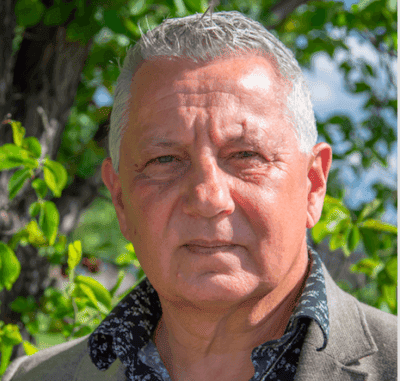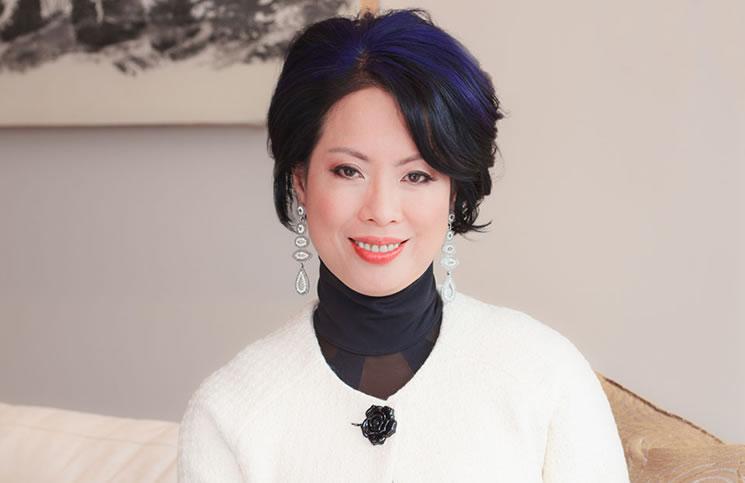Municipal and provincial government legislation in recent years in Vancouver and B.C. may appear to be an affront to foreign investors, especially those from China, but those laws won’t suppress the appetite for investment opportunities.
Tina Mak, an associate broker with Coldwell Banker in Vancouver, says the appeal of Vancouver real estate for Chinese investors remains strong – and will continue to be that way. Mak was co-chair of the recent Asian Real Estate Association of America’s America-China Real Estate Summit and is the founding president of AREAA in Vancouver.
Mak says it is obvious that the tax measures are aimed at Chinese investors. “As much as they’re trying to say no, it’s very clear it’s toward the Chinese,” says Mak.
“They’re still buying. They really don’t care.” Government intervention anywhere in the world does not dissuade investors, she says. “What the government is doing here is learning from other countries. Hong Kong is just as bad. Hong Kong’s foreign national tax is 30 per cent… In Australia, it’s the same.”
Mak says if Chinese investors “want to come to Canada, they will. But “it’s not just Chinese. There are a lot of global elites buying in Vancouver from everywhere in the world.”
The foreign-buyers tax adds 15 per cent to residential property sales in Metro Vancouver. (This has now been changed to 20 per cent and expanded to other areas in the province.)
Vancouver also has the Empty Homes Tax, which is levied on empty or under-utilized residential properties. Every owner of residential property in Vancouver is required to submit a property status declaration each year to determine if their property is subject to the tax, which is one per cent of the property’s assessed taxable value.
Mak says currency is a key factor in investment for foreigners who purchase property outside of their homeland.
“Our Canadian dollar has been very weak . . . When foreign nationals buy, the currency plays a big part as well,” she says.
It’s because of that attraction to the British Columbia market that delegates from the Chinese Real Estate Association attended the recent America-China Real Estate Summit, which was held in Houston, Seattle and Vancouver.
Mak says the delegation from China came to learn about North American real estate practices, and in particular green technology. Although the real estate market has been booming in China, the industry is not as mature as in North America, she says.
“We have had an memorandum of understanding between the two associations since 2012,” Mak says. “We have this type of event every two years, first in China and then in North America. This is the first time the national AREAA has had the event outside the U.S. and the first time in Canada.”
The Chinese association brought 47 people for the summit. Content focused on best practices as well as development and urban planning. Topics included Emergence of Cashless Societies, Smart People, Smart Building, Smart Cities, Green Buildings, Green Communities and Cities of the Future.
“The meetings were excellent…Each city that we went to had different themes. The theme in Vancouver was green technology,” says Mak.
She says the summit was a once-in-a-lifetime real estate forum on Canadian soil and an amazing learning and networking opportunity between Canadian, American and Chinese delegates. Mak was committee chair for the 2016 summit and led 83 AREAA members to three cities in China.
AREAA is now in its 15th year and has expanded to 17,000 members throughout North America.
The China Real Estate Association is the only association recognized by the government, Mak says. The members are developers, not real estate agents or brokers. “They come here to learn and at the same time they will look into different opportunities,” says Mak.
Its headquarters are in Beijing and it has more than 2,300 members. The association conducts policy research and special studies on hot issues in the industry. It holds nationwide forums on scientific real estate development, organizes various economic exchanges and sessions and presents proposed policy and legislation on industrial development to the government.
AREAA was founded in 2003 and has 39 chapters across the U.S and Canada. It represents all sectors of the real estate industry. AREAA members represent over 50 ethnicities and speak more than 25 languages. It organizes numerous real estate conferences, international trade missions and advocacy and community outreach efforts at both the national and local chapter levels.

Mario Toneguzzi is a contributing writer for REM. He has more than 40 years of experience as a daily newspaper writer, columnist, and editor. He worked for 35 years at the Calgary Herald, covering sports, crime, politics, health, faith, city and breaking news, and business. He now works on his own as a freelance writer for several national publications and consultant in communications and media relations/training. Mario was named in 2021 as one of the Top 10 Business Journalists in the World by PR News – the only Canadian to make the list.














